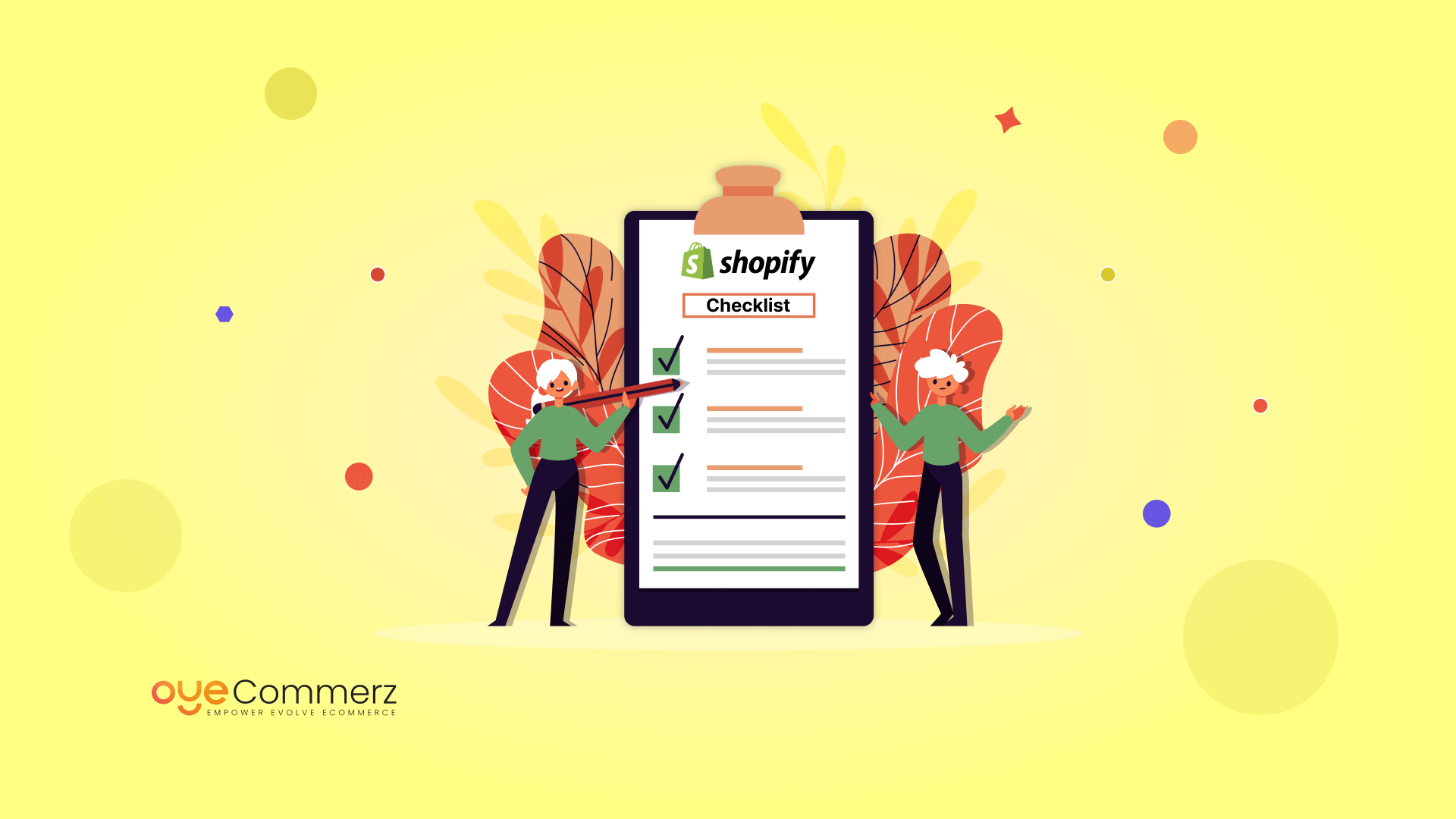Introduction
In the current cutthroat e-commerce environment, differentiating is essential, and one of the best ways to set apart a Shopify store is through custom app creation. A well-built Shopify app can enhance store capabilities, streamline operations, and elevate customer engagement. This guide delves into key aspects of Shopify app development, covering API integration and app ecosystem to growth techniques and promotion methods, offering a roadmap for businesses seeking unmatched store efficiency.
The Importance of Shopify API Integration
Shopify’s API offers robust tools to personalize and extend store capabilities. With GraphQL and REST APIs, developers can access data to create apps that handle inventory control, order processing, and customer data management seamlessly. Integrating Shopify’s API can lead to better workflow automation and allows stores to assist shoppers more efficiently.
Adopting the Polaris Design System
Polaris is Shopify's design system for creating user-friendly and accessible Shopify apps. By adhering to Polaris guidelines, developers guarantee that apps seamlessly integrate within the Shopify Admin interface. This provides a cohesive look and feel that resonates with Shopify merchants, encouraging usability and comfort for merchants using your custom app.
Understanding the Shopify App Ecosystem
The Shopify app ecosystem offers endless possibilities for improving e-commerce sites. From managing fulfillment processes to increasing customer interaction, apps in this environment are designed to meet various business needs. Familiarizing with this ecosystem helps developers in identifying unique app opportunities and enables smooth connections of third-party services that enhance the store.
Building Embedded Shopify Apps
Embedded apps work seamlessly within the Shopify Admin, allowing a seamless experience for merchants. They allow merchants do not need to navigate away from their Shopify control panel, simplifying their process. Using Shopify App Bridge and embedded app features is a best practice for offering a unified, well-integrated user environment.
Leveraging Node.js and React for Shopify Development
Node.js and React have become top options for Shopify app creation. Node.js enables efficient server-side applications, while React enables dynamic, responsive front-end user interfaces. Combined, they provide an excellent framework for creating speedy, scalable Shopify apps that enhance store functionality and customer interaction.
Utilizing Webhooks in Shopify Development
Webhooks allow real-time data updates between Shopify and an external app. They trigger events such as order creation or stock changes and send instant alerts to your app. By utilizing webhooks, apps can provide up-to-date insights Leverage Shopify APIs for store owners, streamlining workflows and increasing efficiency.
Engaging Customers Through Digital Marketing for Shopify Apps
To make a Shopify app successful, connecting with users is key. Utilizing online marketing techniques like SEO, email marketing, and social media campaigns can drive app adoption. Additionally, creating applications with customer engagement in mind (e.g., loyalty programs or personalized recommendations) boosts user loyalty and loyalty.
Making Your Shopify App Scalable
As e-commerce stores expand, so do their technological needs. Making sure that your app can manage increased traffic, larger databases, and more complex functionalities is critical. By improving server resources and using scalable solutions, you can create apps that grow in parallel to a store’s success.
Important Features and Maintenance Tips for Shopify Apps
For an app to be useful, it should offer key capabilities like user login, dashboard analytics, and customer support options. Ongoing app upkeep, including updates to fix bugs and ensuring compatibility with new Shopify functionalities, is vital to ensure uninterrupted performance and prevent disruptions to business processes.
Summary
Custom Shopify app development holds vast potential for e-commerce stores, providing the chance to improve performance, simplify operations, and build customer relationships. With API integrations and Node.js to focusing on scalability and customer interaction, building a Shopify app requires thoughtful preparation and well-planned actions. If you’re ready to unlock your store’s full potential, Shopify digital marketing a custom Shopify app may be the perfect choice. What capabilities do you envision for your ideal app? Share your thoughts and take the first step toward an optimized e-commerce journey!

Comments on “Empower Your E-commerce: Custom App Development for Shopify for Unmatched Store Performance”